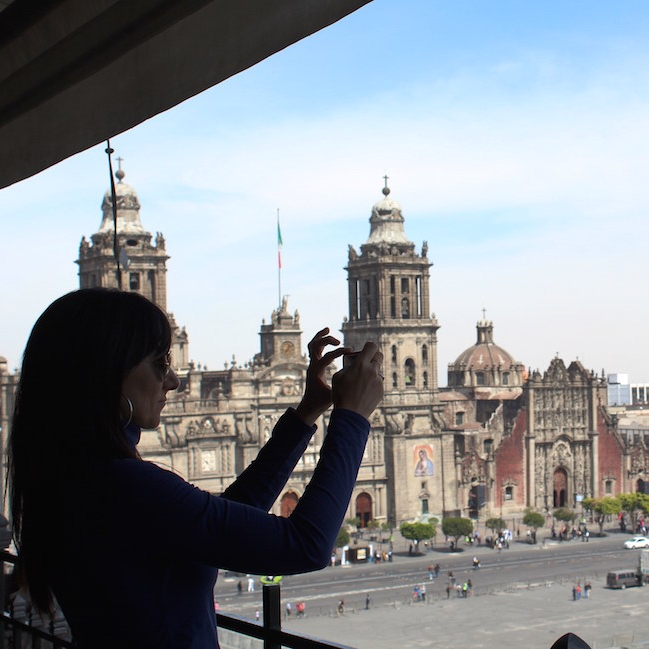Marcela Cardillo

MA Arts Politics Class of 2018
BA Law, Universidad de Belgrano
Law and Economics, UTDT
Marcela Cardillo is a lawyer with over ten years of experience in public office, specifically in the cultural management area. Marcela was National Undersecretary of Cultural Management and Executive Director of the Museo Nacional de Bellas Artes (MNBA), the largest museum in Argentina, were she executed the infrastructure work necessary to re-open 18 rooms. As a result, the permanent exhibition space recovered 3,200 m2 and enlarged the exhibiting space, which rose from 24 rooms with 879 pieces to 42 renewed rooms with 1,191 pieces in exhibition.
She designed and developed “Bellos Jueves” (Beautiful Thursdays), an event which consisted on a series of interventions of contemporary artists through video installations, sculptures, paintings, and DJ`s sets and unplugged musicians playing in the rooms of the Museum. This kind of intervention, frequent in any contemporary gallery, created a whole new atmosphere to appreciate the historical works.
As Undersecretary of Cultural Management she worked together with the Unidad Bicentenario (Bicentennial Agency) on the Bicentennial Celebration of the May Revolution (1810-2010), where over eight million citizens participated in the streets of Argentina in a full week festivity.
She coordinated the Argentinean artistic representation at Expo Shanghai 2010, a six-month international fair, and Expo Yeosu 2012, a three-month world fair in South Korea. In Expo Yeosu she programed over 550 shows that were seen by 600,000 people. Argentina was selected in both fairs to perform in the closing ceremony.
She planned and organized the politics and philosophy seminar “Debates and Combats 2011/2012”, with the participation of Ernesto Laclau, Jorge Alemán, Judith Revel, Horacio González, Gianni Vattimo, Chantall Mouffe, Jean-Luc Mélenchon, Dilip Goankar and Toni Negri among other prestigious scholars.
The MA in Arts Politics bring together her two passions, arts and politics and the perspective that lies ahead to build more egalitarian and inclusive creative cities.
What drew you to the MA in Arts Politics?
What has always been my main interest regarding cultural management, is to bring new audiences and build bridges between the established artistic scenes and the disruptive ones and to try to close the gap regarding access to culture.
The MA in Arts Politics is a unique program that challenges status quo regarding arts and its relation to society.
With this background, my future plan after studying in NYU would be to design and develop a cultural management program focused on two issues: the fostering of creative industries, and the deployment of cultural-policy programs that are both socially inclusive and regionally decentralizing, in order to promote a wider access to cultural goods.